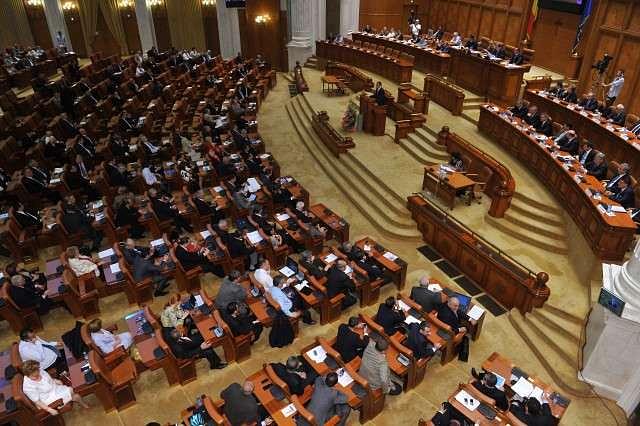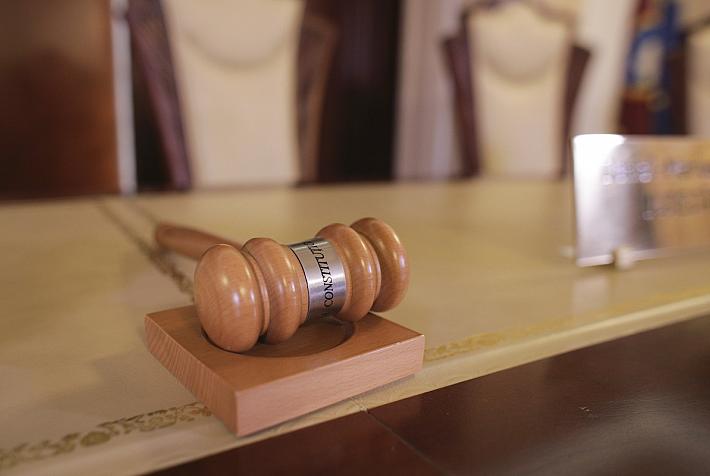Romania’s ruling party comes up with new changes to anti-corruption laws

Abuse of office, bribery and influence peddling will become less serious offences in Romania if a series of amendments proposed by the ruling Social Democratic Party (PSD) are voted by the Parliament.
A group of 39 PSD senators and deputies submitted on December 18 a draft bill to change the Criminal Code and the Criminal Procedure Code and set lower penalties on several corruption offenses and even partially decriminalize some of them, according to local News.ro.
The draft bill proposes a limit of EUR 200,000 under which abuse of office shouldn’t be treated as a crime, arguing that criminal sanctions should only intervene when the damages are “substantial”. It also proposed lower penalties for bribery and influence peddling. The bill’s initiators also want people sentenced to up to three years in jail, people over 60 and those seriously ill to serve their convictions at home.
The PSD MPs also want denouncements to be valid only within six months of the moment when the denouncer found out about the crime.
The proposal comes as a special committee within the Parliament, led by former justice minister and PSD MP Florin Iordache, is currently analyzing a series of changes to the Criminal Code and Criminal Procedure Code. Some of the committee’s planned changes to the two important laws have already been met with protests from magistrates and the civil society.
At the beginning of this year, Iordache promoted an emergency ordinance that aimed to partly decriminalize abuse of office by setting a EUR 200,000 limit under which this would not be considered a crime. The ordinance triggered the biggest street protests Romania has seen in over 20 years and the Government repealed it a few days after adopting it. Iordache resigned and the new justice minister Tudorel Toader passed to the Parliament the responsibility of changing the Criminal Code and the Criminal Procedure Code.
Many of the changes included in Iordache's repealed ordinance are now brought back through this draft bill that the PSD MPs have submitted.
The PSD-ALDE ruling coalition in Romania have embarked on a quest to change several important laws for the justice system. The Parliament has recently adopted changes to three important justice laws concerning the status of the magistrates in Romania and the way some important judiciary institution function. These changes, which have triggered negative reactions from Romania’s international partners, who fear that justice independence in Romania may be affected.
US urges Romanian Parliament to reject proposals that may weaken rule of law
Seven EU countries ask Romania to avoid actions that may weaken the justice system
The changes to the Criminal Code and Criminal Procedure Code, however, may have an even bigger impact on the functioning of the judiciary and may cripple the country’s fight against corruption.
Changes to the Criminal Code may block prosecutors’ work in Romania
Romanian prosecutors, judges protest against changes to justice laws
The ruling coalition’s representatives officially motivated these changes saying that they aim to prevent abuses from the judiciary and to end the “parallel state’s” control over the local politicians. The parallel state is an alleged structure made of representatives of several power institutions within the Romanian state whose aim is to control the political decisions in the country, according to a statement issued in November by the PSD leadership.
Meanwhile, those protesting against the proposed changes say that the governing parties just want to protect their leaders and influential members, who are targeted by corruption investigations, including PSD leader Liviu Dragnea.
editor@romania-insider.com











